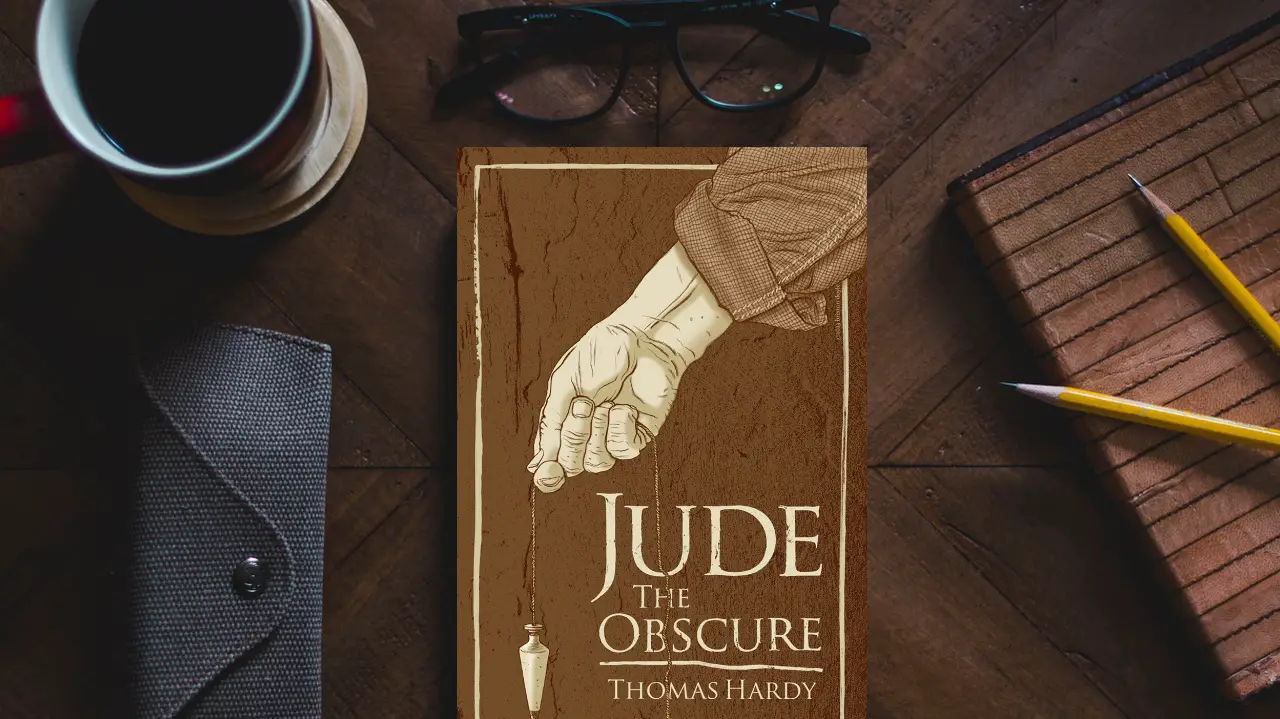What do you do if you find that you made a poor decision in the person you chose to marry?
This is one of the main questions that Jude the Obscure is wrestling with, and one that dominates the main plot of the book. The story focuses on two characters: Jude, a humble stonemason who dreams of eventually entering college and entering the world of academia, and his cousin Sue, who works as an assistant teacher in a school. Both characters have large hopes and dreams before they both rashly enter into marriages with poor partners. And so, after they both find themselves in miserable marriages, as they begin to fall in love with each other instead of their spouses, the question becomes: what do they do next?
Without trying to spoil much of what happens next, suffice to say that neither Jude nor Sue end up following biblical commands with regards to the permanence of marriage. Thomas Hardy, the author of this book, wrote in a postscript to the book that:
“My opinion is that a marriage should be dissolvable as soon as it becomes a cruelty to either of the parties.”
And the book ends up playing that opinion out. Both characters make rather scathing attacks on the institution of marriage and most of the book seems to view their immoral and foolish choices with approval, which automatically leads to a question:
What is the value of reading this book?
There are two main values that the book has to offer. First, the book shows rather powerfully how painful a marriage can be when you made a foolish choice for a spouse. The characters pursue a wrong solution to this answer by ignoring Scriptural commands concerning the permanence of marriage and the importance of loving one’s spouse no matter what. But the amount this book shows the sorrows of choosing poorly also highlights the importance of choosing wisely. In a culture where love at first sight is celebrated, this book therefore is in some respects an indictment of the dangers of that kind of thinking.
But there’s another value as well to the book, and that is with regards to its views on marriage. As mentioned above, the author hardly has a biblical view of marriage. However, the arguments that he and the characters raise in this book are ones that Christians ought to have answers for. There’s a danger in only reading works that we agree with and not wrestling with contrary opinions. And so, while the book attacks the institution of marriage rather severely, it does it in a rational-enough way that it provides an opportunity for Christians reading this book to ponder the attacks it brings up and think through how to rebut them. Hardy raises sophisticated arguments against the institution of marriage. However, Scripture also provides answers for Hardy’s arguments, and close examination of Hardy’s arguments against Scripture can show the wisdom and truths of Scripture all the more when placed against falsehoods.
Jude is a man who makes a lot of foolish decisions. Yet he is also one who learns the consequences of foolish decisions, and by following him in that path, there is a lot that a reader can glean from in the book. While the book is rather long to get through, Hardy is a good writer and makes it an engaging story. And, interestingly enough, the ending is ambiguous enough, that I think that the book actually presents a rather biblical portrait of marriage when it all is said and done. In a very real way, even though Hardy tried to write this book to attack the institution of marriage, among other things, he can’t keep himself from portraying marriage the way it actually should be and inadvertently makes a strong case for marriage after all, depending on how you interpret the book’s ending. Jude the Obscure requires a thoughtful reading. But it offers a lot of value to the thoughtful reader.
Discussion Questions:
1. Examine Jude and Sue’s initial choices in marriage. Why were these poor marriage partners, and what resulted from their personal choices?
2. In one of her attacks on marriage, Sue asks what the use is of laws governing marriage if they just make you miserable. How should a Christian respond to such arguments?
3. Should Richard have decided to let Sue go free when she demanded it? Why or why not? What biblical passages might shed light on this topic?
4. Examine Sue’s choice at the ending. Does she repent authentically or insincerely? What might this suggest about the ending of this book?

